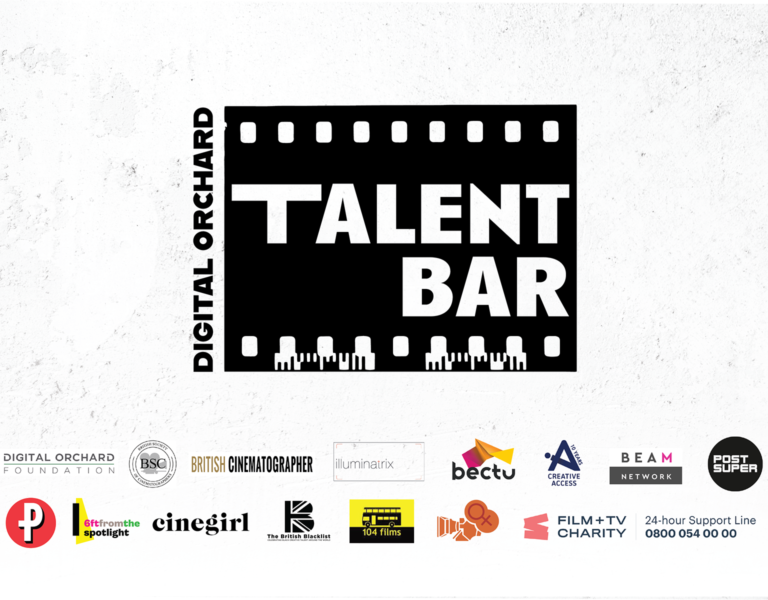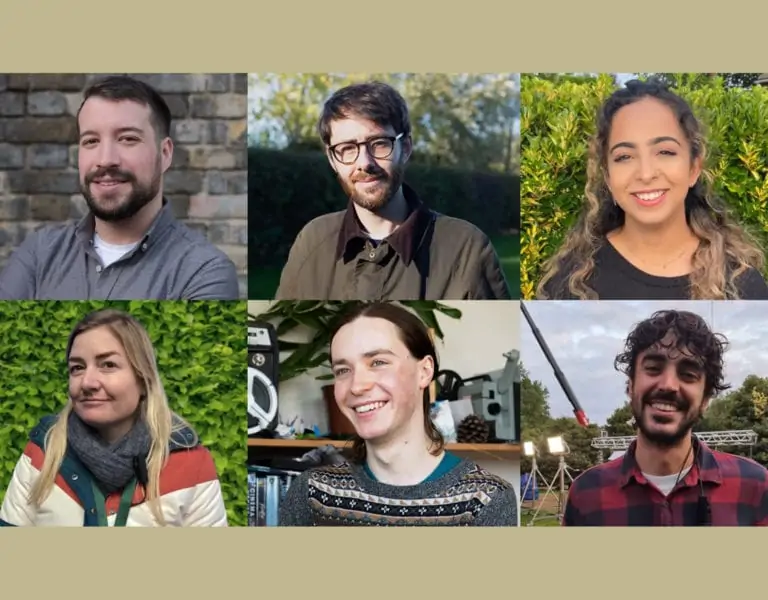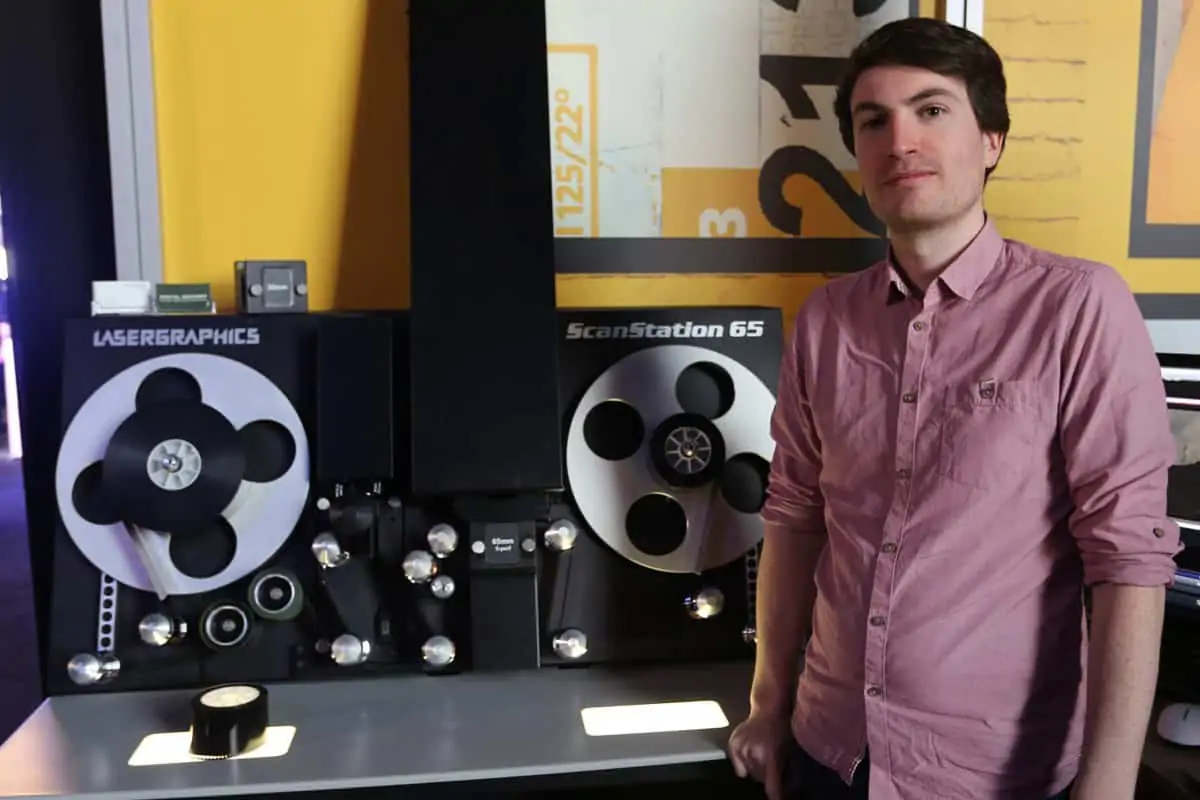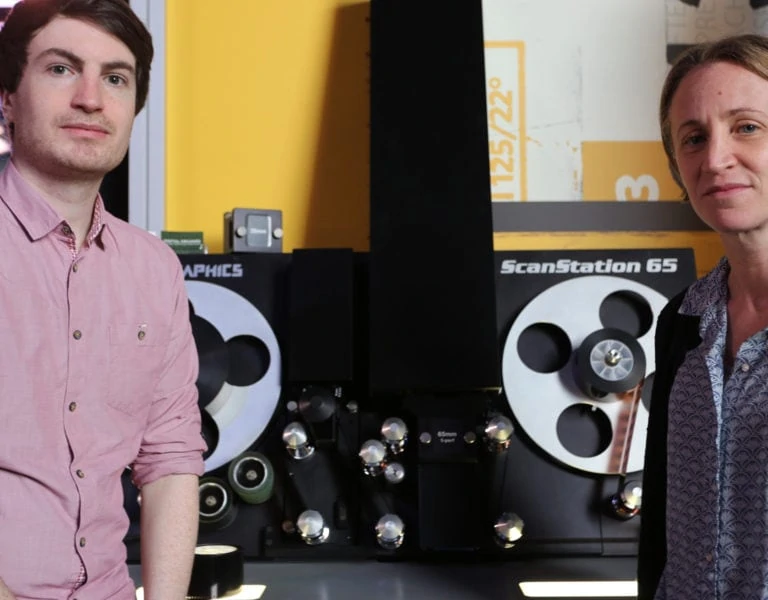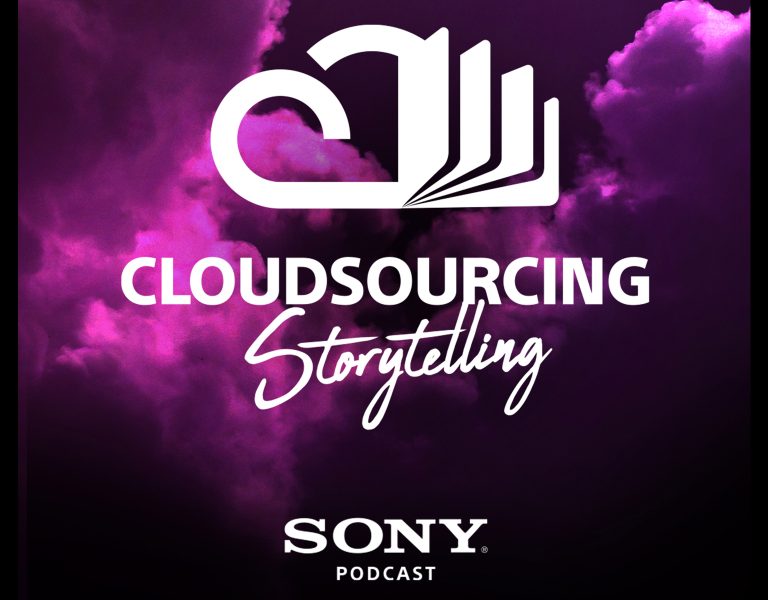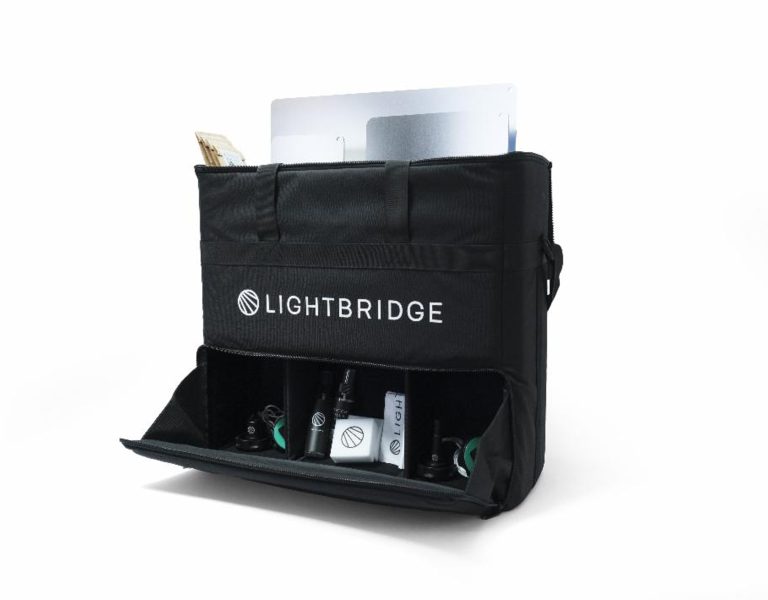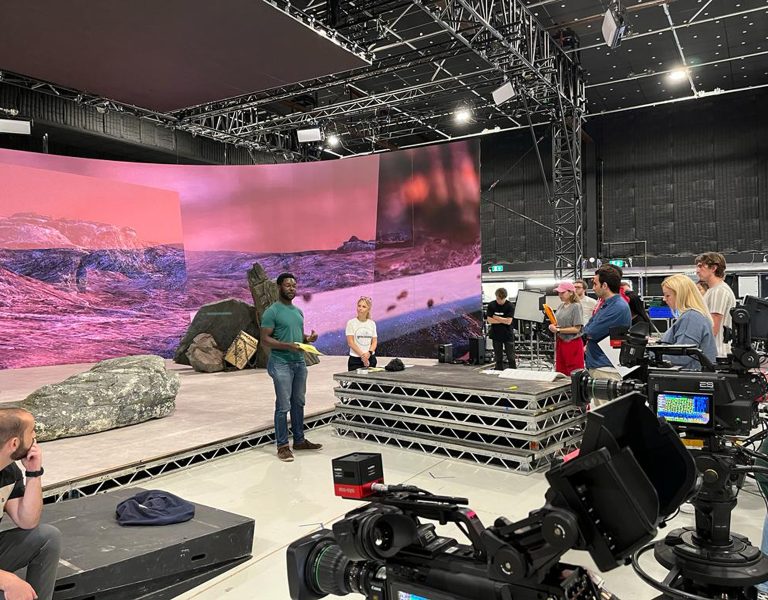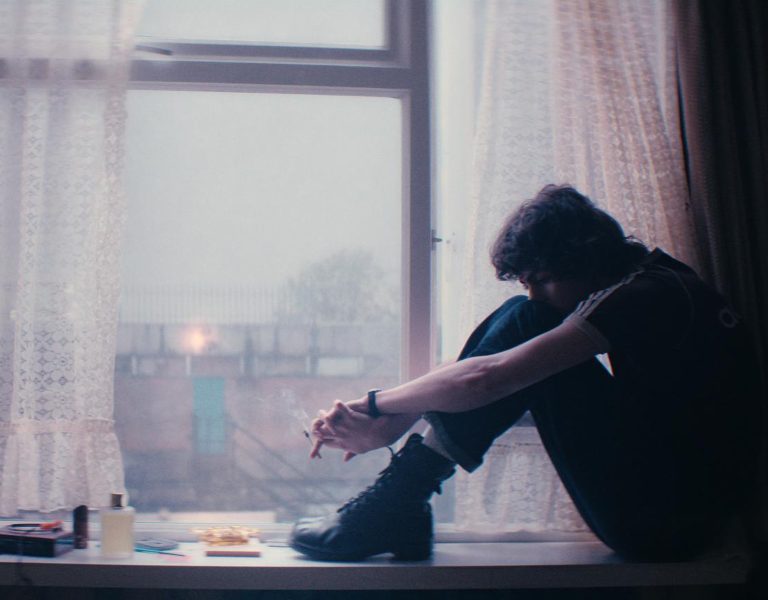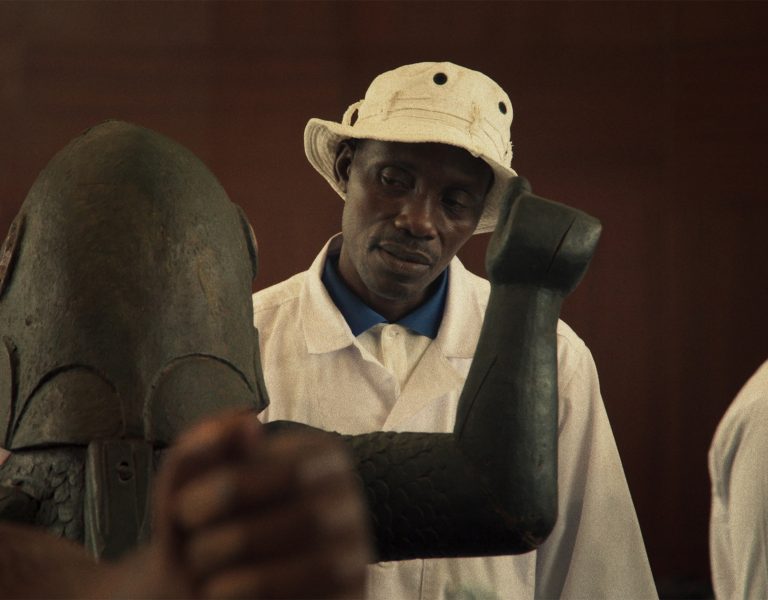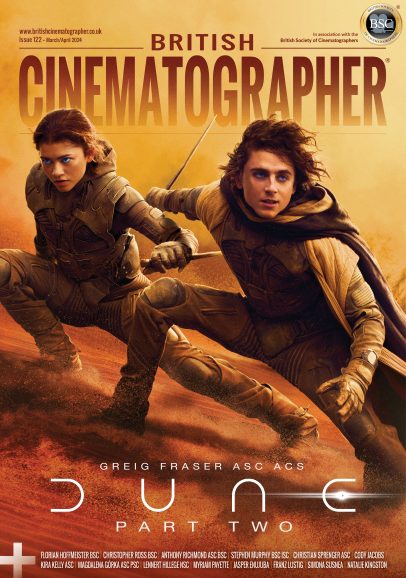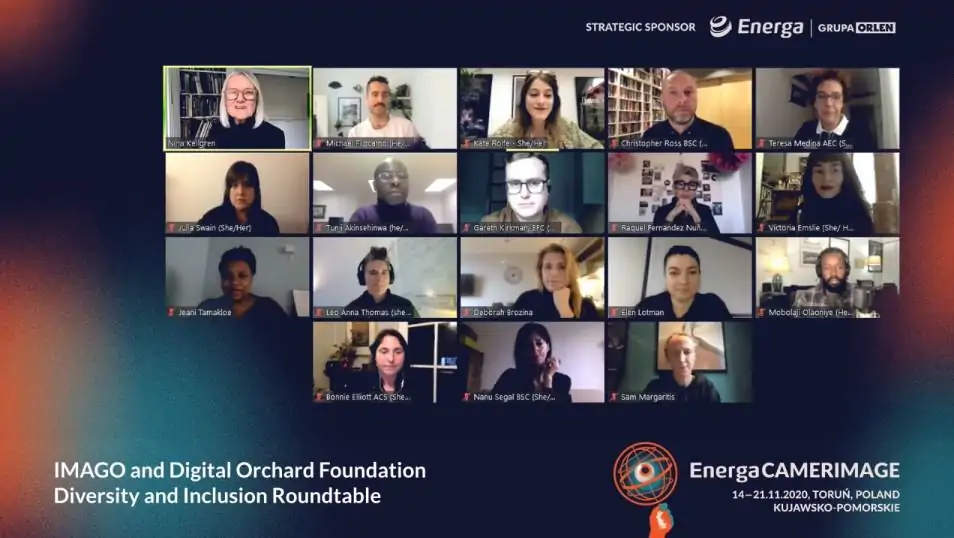
At Camerimage festival, IMAGO’s D&I Committee joined forces with Digital Orchard Foundation to talk with a phenomenal group of peers and experts about the reality of diversity and inclusion for mid-career filmmakers in 2020.
They spoke from personal experience about barriers that go overlooked, facts that are silenced, implicit biases that need to change, and shone a light on tired excuses that don’t have a place in the future of film and television.
The filmmaking achieved the impossible in 2020 to become Covid-safe in an extraordinarily short time frame. Now it’s important to use this same level of time, budget and energy to change our culture and become truly diverse and inclusive as we make incredible art and entertainment the world over.
“There is a great deal to be done in terms of making our camera crews look more like the world we live in, and we don’t have to wait for other people to do something about it. We can look at ourselves, and ask this simple question: who is in my crew?” said Bonnie Elliott ACS, speaking about the #WhoIsInYourCrew campaign.
Watch the roundtable discussion on an incredibly important topic in the video below…
Key takeaways from the discussion include…
Not all protected characteristics are visible; and even those that are are still over-looked.
Unless you have experienced prejudice and exclusion yourself, you will not know how it feels to face barriers in your career just because of who you are. The industry has not achieved equality and therefore actions must be taken at all stages of people’s careers: at school-age, at entry to the industry, throughout career progression, and at the very top. Even if you happen to work in a department or country where you see a diverse workforce around you:
- question where else there might not be diversity in the industry that needs addressing, looking beyond the production itself into training institutions, award ceremonies, publications and memberships/guilds.
- look to see if your own department is truthfully inclusive and equitable, with a complete understanding of what bullying, harassment and victimisation look like, and question whether everyone in the team has a shared understanding of equality and inclusion.
- consider what attributes in those around you might be hidden or not visible (such as sexuality, health issues, socio-economic status), and how hiding personal characteristics might impact an individual’s mental health and/or their ability to perform their role (think: who isn’t here who should be here, and who has left the industry and do I know why?)
- think about whether you have listened to those who have experienced barriers and also reflected on your own privilege.
- plan what you can do to proactively support equal progression and inclusivity in every part of your life, including the crew you hire, the festivals you programme, the competitions you judge, the memberships you join, the articles and social media posts you write.
- above all else – do not stay silent and do not do nothing.
“The silence of the cinematography community around the discrimination against the LGBTQ+ community in Poland highlights the need for greater visibility for queer DPs and camera people. Small changes like pronouns on call sheets can make queer people feel more welcome on set,” said Michael Filocamo, cinematographer.
We need leaders to take action now (but everyone should demand change).
We should not wait for a crisis or external pressure to make change. Diversity and inclusion have proven benefits to the industry in terms of commercial return, legal security, creative innovation, and team wellbeing, but it is also morally the right thing to work towards and we need to hold ourselves accountable to this goal. Change will not happen by itself, and therefore you need to use your influence, your time and your money to create fair and equal opportunities at all stages and positions in the industry.
Immediate actions to take include:
- in-depth training of HoDs on the duty of care they have to those working on their production, leading by example and ensuring they fully understand both the benefits and responsibilities associated with equality, wellbeing and inclusion.
- rolling out equality and mental health training to the entire production team as part of pre-production prep
- ensuring that all crew lists are diverse and include all protected characteristics, and that time is allocated for a fair interview process and consideration of reasonable adjustments to roles
- allocating budget for career development training (to support trainees, to allow for shadowing and to support stepping-up) and recruit these opportunities responsibly
- investing in a wellbeing facilitator on all productions, and consider investing in HR support
- supporting schemes that will allow us to collect accurate data on the facts behind the gaps-so we can collectively see who is (and is not) in our industry and address this through positive action initiatives
- show loyalty and use your voice to demand that proactive equality and inclusion activity becomes a mandatory part of working in the film industry, requiring time, budget and resources.
“We all acknowledge a greater need for diversity of thought and representation in the film industry. In doing so we first acknowledge challenges and collective trauma people of colour face and why this trauma has brought us together in search of spaces designed for us. At Sporas we believe it matters not only what types of people and stories are represented in film, but also who is hired to tell those stories and thus has their labour, expertise, and point of view valued. At Sporas, we bring the politics of our personal experiences and collective lives into the making of images. As a leader the values of integrity, respect, courage, loyalty and humility guide the decisions I make; and I hope this inspires others. The future companies and creative people working in them who recognize this will make diversity and inclusiveness a core mission and will be able to respond and create impact,” said Mobolaji Olaoniye, cinematographer and founder of Sporas, a platform for cinematographers and film technicians of colour.
Fix it –the industry might not look broken, but it is when you look closely.
“As a woman I am only ever asked to speak on diversity and inclusion panels at festivals and events. Why aren’t you asking me about my technical knowledge, new kit or how I shot my last feature?”
“Everything is interconnected and intertwined –lack of visibility, lack of access, lack of information at school, lack of mandatory requirements. This is a complicated issue and it will take time, so there’s really no time to waste in taking action at the core of these issues.”
“Let’s not over-simplify the issue or ‘check-boxes’ by thinking that one member of crew with one protected characteristic is job done. This is going to take hard work and action at all stages of the career pipeline, with lots of new training and knowledge to be shared across the industry.”
“The problem of representation is not going to disappear whilst we wait for the world to open again, or for the news to stop talking about it. If the world goes silent, we need to speak up.”
The people who spoke at the roundtable:
- Tunji Akinsehinwa – Cinematographer, Documentary Filmmaker, Lecturer
- Edward Ames – Cinematographer
- Deborah Brozina – Camera Operator, Founder of Making Change Productions
- Bonnie Elliot ACS – Cinematographer
- Victoria Emslie – Founder of Primetime and Actor
- Raquel Fernandez Nuñez AEC – Cinematographer
- Michael Filocamo – Cinematographer
- Nina Kellgren BSC – Cinematographer, IMAGO D&I
- Gareth Kirkman – Business Development, British Film Commission
- Elen Lotman ESC – Cinematographer, IMAGO D&I
- Sam Margaritis – Managing Director, Digital Orchard
- Teresa MedinaAEC – President of the Spanish Society of Cinematographers
- Mobolaji Olaoniye – Cinematographer, Founder of Sporas
- Kate Rolfe – D&I lead for Digital Orchard Foundation
- Christopher Ross BSC – Cinematographer
- Nanu Segal BSC – Cinematographer
- Julia Swain – Cinematographer, Director of Lady Cameraman
- Leo Anna Thomas – Standby Art Director, Wellbeing Facilitator, representing 6ft From the Spotlight
- Vanessa Whyte – Cinematographer, Founder of illuminatrix
For more information about the roundtable or to get involved in future events and initiatives, including equality and wellbeing training and facilitation, please contact Kate Rolfe (Digital Orchard Foundation) kate@digitalorchardgroup.com.

